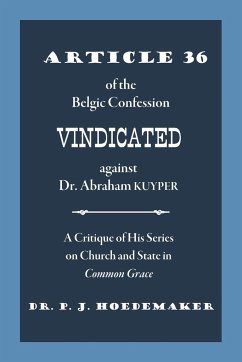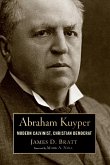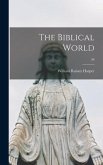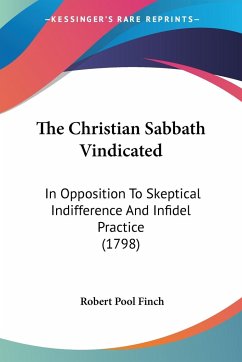To this day, Abraham Kuyper stands as a shining example of responsible and effective Christian action in all areas of life. A leading journalist, theologian, churchman, and politician in the late 19th and early 20th centuries, Kuyper effectuated, during a career spanning 50 years, an astonishing metamorphosis of the Dutch political and ecclesiastical landscape. Lifting high the banner of the universal lordship of Christ, he managed to revitalize a moribund political party and mobilize the so-called kleyne luyden, the "little guys," into a social, ecclesiastical, educational, and political force to be reckoned with. And he did all of this while proclaiming, "There is not a square inch in the whole domain of our human existence over which Christ, who is Sovereign over all, does not cry, Mine!" What is less well understood is the degree to which Kuyper spoke out of two sides of his mouth. In fact, Kuyper shortchanged his trumpeted Christocratic agenda in the interest of political expediency. From early on he redefined theological categories in order to implement a dualism between church and state that could allow him to harness the church as a political action committee in the secularized democratic environment, all the while posturing as a champion of historic Christian theopolitical civilization. The epicenter of this revaluation of Christian values was Article 36 of the Belgic Confession, which mandated that the civil magistrate "remove and prevent all idolatry and false worship; that the kingdom of anti-christ may be thus destroyed, and the kingdom of Christ promoted." This, in the view of Kuyper and his movement, was a denial of true Calvinism, which championed freedom of conscience and religion. Hoedemaker disputed this, arguing that Kuyper had set up a straw man. Did Article 36 really entail violation of conscience and the elimination of religious freedom? No - this was a smokescreen. In fact, Kuyper's solution was the problem, as it did not take the Bible seriously. Hoedemaker returned to the Reformed fathers to recover a sound Reformed political theology, capable of being defended and advanced in the modern world. Hoedemaker had once stood shoulder-to-shoulder with Kuyper to advance the very same agenda of Christ's lordship over every area of life. But he came to realize that Kuyper's practical agenda deviated fundamentally from this proclaimed agenda, starting with the separation from the national church and culminating in Kuyper's "mutilation" (A. A. van Ruler) of Article 36.
Hinweis: Dieser Artikel kann nur an eine deutsche Lieferadresse ausgeliefert werden.
Hinweis: Dieser Artikel kann nur an eine deutsche Lieferadresse ausgeliefert werden.








